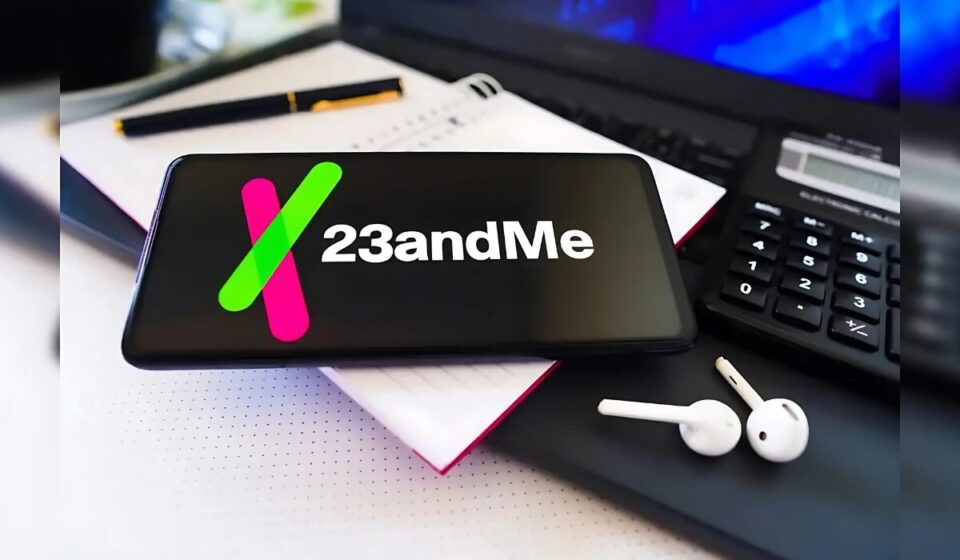Multiple companies are gearing up to bid for the assets of 23andMe, the genetic-testing firm that filed for bankruptcy, with offers expected by late May 2025. The centerpiece of the auction is 23andMe’s expansive DNA database, which holds genetic data from over 12 million users. This trove is highly sought after for its potential to drive breakthroughs in medical research, drug development, and AI-powered personalized healthcare solutions. Biotech firms and technology companies are among the likely bidders, eyeing the opportunity to harness this unique dataset to advance precision medicine and health innovation.
The bidding process, however, has sparked significant ethical concerns, particularly around data privacy. Consumer advocates are calling for robust safeguards to ensure that the sensitive genetic information of millions is not misused or inadequately protected post-sale. Questions about consent and transparency in how the data will be used are at the forefront, with fears that commercial interests could prioritize profit over individual privacy.
23andMe’s financial woes stem from a combination of high operational costs and waning consumer interest in at-home genetic testing kits. Once a pioneer in direct-to-consumer DNA testing, the company struggled to maintain profitability as market demand declined and regulatory scrutiny intensified. Despite these challenges, its genetic database remains a coveted asset, described as a “goldmine” for the biotech industry due to its scale and diversity.
The outcome of the asset sale could reshape the landscape of genetic research, with the winning bidder gaining a significant edge in the race to develop next-generation healthcare solutions. However, the ethical and regulatory hurdles surrounding the transfer of such sensitive data will likely influence the terms of the deal and its long-term implications.


